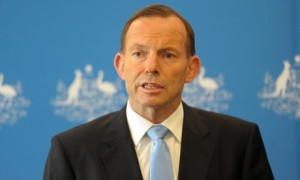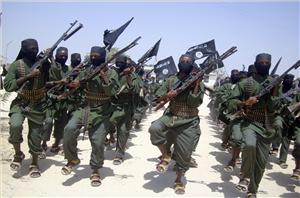By Lyndsey Kelly
Impunity Watch Reporter, North America
WASHINGTON D.C., United States of America – North Korea recently sentenced a United States citizen, Matthew Todd Miller, to six years of hard labor for committing hostile acts as a tourist in the country. Miller, a native of Bakersfield, California, entered North Korea in April of this year. The circumstances surrounding his arrest are muddled, however, reports state that Miller tore up his tourist visa and demanded Pyongyang to grant him asylum.
In an unexpected CNN interview earlier this month, Miller told reporters that he “prepared to violate the law of DPRK before coming [to North Korea]. And [he] deliberately committed [a] crime.” Miller was tried under Article 64 of the North Korean Criminal Code, which defines the crime of espionage. The prosecutor on Miller’s case argues that Miller’s claim for asylum had been a “ruse”, and that he had falsely claimed to be in the possession of secret U.S. military information on his electronic devices.
Other sources state the Miller’s purpose in tearing up his visa was to get an inside look at North Korean prisons in order to investigate human rights abuses. Miller is the second American currently serving a hard labor sentence. A third U.S. citizen, Jeffrey Fowle, is awaiting trial.
North Korea is currently under heavy United Nations sanctions related to the country’s nuclear and missile programs. Assistant Secretary of State Daniel Russell states that the detained American citizens are being used as pawns in order for North Korea to extract a high-profile visit from Washington. However, because of the United States’ preoccupation with the Islamic extremist group ISIS in the Middle East, the current situation in North Korea has gained little attention. However, sources state that the U.S. has requested the immediate pardon and release of Miller.
For more information, please see the following:
CNN – North Korea: American Matthew Miller Sentenced to 6 Years Hard Labor – 14 Sept. 2014.
NBC NEWS – North Korea Sentences American Matthew Miller To Six Years Hard Labor– 14 Sept. 2o14.
REUTERS – North Kora Sentences U.S. Citizen Matthew Miller to Six Years Hard Labor -14 Sept. 2014.
WASHINGTON POST – North Korea Sentences American Matthew Miller To 6 Years of Hard Labor – 14 Sept. 2014.



